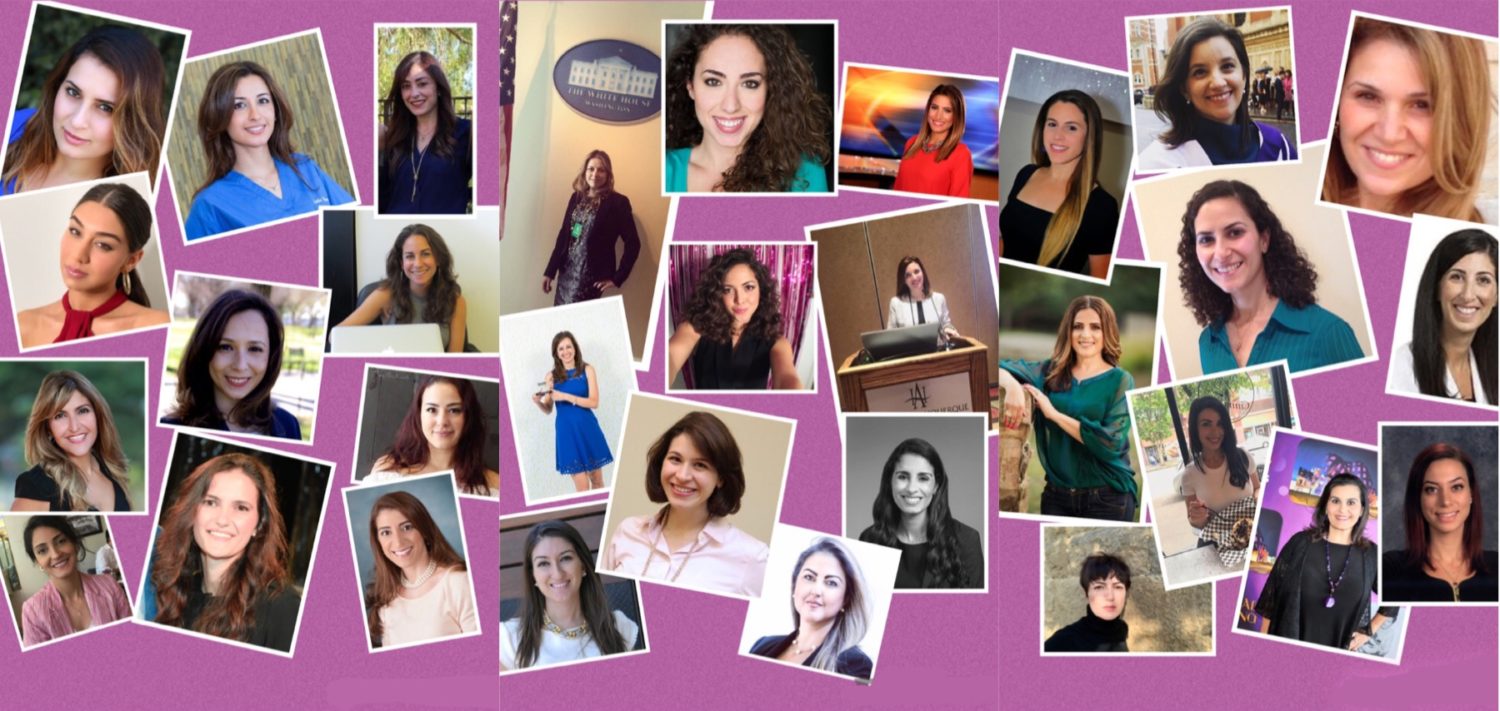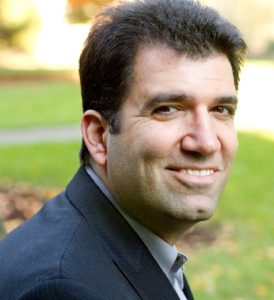MEET THE PROFESSIONAL
May 2017
Dr. Malek Najjar
Dr. Malek Najjar is an Associate Professor of Theater at the University of Oregon in Eugene, Oregon, teaching classes in play-writing, theater history, historiography, intercultural theater, Arab American drama and film, theater futures, and direct main-stage productions.
Dr. Najjar is a very active member of our community and supporter of professional networking and mentoring program. We are very excited to feature him as our professional in this month’s “Meet the Professional” series.
Below are a few questions to help facilitate this interactive connection. At the end of the page you will have an opportunity to post your own questions for Dr. Najjar.
……
Describe your current Occupation & Degree/s and Universities.
- Ph.D. in Theater and Performance Studies from University of California, Los Angeles
- M.F.A. in Directing from York University (Toronto, Canada)
- Bachelor of Arts in Theater from University of New Mexico (Albuquerque, NM)
A list of any awards/recognitions:
- National Endowment for the Humanities Summer Scholar
- Humanities and Create Arts Award, University of Oregon
- Rippey Innovative Teaching Award, University of Oregon
- Global Oregon Faculty Collaboration Award, University of Oregon
- Meritorious Achievement Award, The Kennedy Center/American College Theatre Festival
- President’s Award, American Druze Society
- Outstanding Service Award, Bend Theatre for Young People
A list of Publications:
- Arab American Drama, Film and Performance: A Critical Study, 1908 to the Present. McFarland & Co., Inc. Publishers, 2015.
- Four Arab American Plays: Works by Leila Buck, Jamil Khoury, Yussef El Guindi, and Lameece Issaq & Jacob Kader. McFarland & Company, Inc., Publishers, 2013.
Click Here for a full listing!
Discuss a moment or turning point in your life that led you to your career path:
Growing up in an Arab American household, I was consistently told that I could not pursue a career in the performing arts. This changed during the summer of 1991 when, during a vacation in Lebanon, I saw a theatre troupe perform at Beiteddine. I realized that, instead of denying my desire to become an artist, I should embrace my work. That was a formative moment in my life that led me to my career path as a theatre artist and educator.
Discuss a role model or mentor who influenced your career choice:
There were several role models that inspired me on this journey. One was the late Nafe Katter, a former University of Connecticut professor, actor, and director. He was a Druze man who was also a very talented actor, director, and educator. He was someone from our community that not only lived a full and interesting life as a theatre artist, but later had a theatre at University of Connecticut named after him: The Nafe Katter Theatre. I was also inspired by Kahlil Gibran, Mikhail Naimy, and Ameen Rihani, all early-twentieth century Lebanese poets who also wrote plays. They established the first major writing group in the United States called Al Rabita al Qalamiyah, or The Pen Group. They led the way for the Arab American arts movement we have today. I also respect the scholarship of the Edward W. Said and Dr. Jack G. Shaheen. They opened my eyes to the persistent and negative portrayals of Arabs in the media, literature, and the arts.
Do you recall any specific challenges you encountered and overcame?
It’s not easy being a Middle Eastern artist, especially, at this time in history. When I went for a film audition years ago, many of the Caucasian actors were told they would be cast as doctors, teachers, and lawyers. When it came time to cast me I was told, “They won’t know what to do with you.” That was a wake-up call. I realized then that we must change the entertainment industry from the inside by becoming producers, writers, directors, actors, and designers working at the highest level of film, television, theatre, and education. That is why I decided to become an educator—to inspire young people to learn more about their culture and to bring the richness of their Middle Eastern heritage to their work.
Where do you see yourself in the next 10 years?
I would like to continue to write and direct, with the hopes of creating a work of art that really changes audience perceptions. I would like to continue publishing my scholarly and artistic works so that future generations can be inspired to continue working toward creating more positive and meaningful representations of Middle Eastern lives on stage or on screen.
What advice would you give to someone starting out in your field?
Learn your craft. Study and work hard. When you are starting out you must prove yourself. That means you must work hard to learn how to act, to write, to direct, to dance, or to perform. You need to commit yourself to a life-long journey of discovery. A life in the arts in not a life where you get a job and retire at sixty-five. Where the arts are concerned, you spend half of your life as an apprentice and the latter half of your life as a master. Therefore, you must look at a career in the arts not as a profession, but as a calling. We live in a society that is largely apathetic toward the performing arts, so you must persist despite the rejections. Keep working, keep training, keep trying—that’s the way you create a career for yourself in the arts. Also, if you really believe you want to live life as an artist, you must follow your passion no matter who tells you otherwise. In Anton Chekhov’s great play The Seagull, the character Nina says, “What’s important is the ability to endure. To bear your cross and to have faith. I have faith, and when I think of my vocation, I’m not afraid of life.”
Tell us a little bit about your hobbies outside of your field:
I am a runner and I love to hike. I also attend many live theatre performances, both professionally and for entertainment. I really enjoy spending time with our Druze community. The most important moments are spent with my precious daughter Malak and my beautiful wife Rana Halabi Najjar. I’d trade any hobby for time with either of them.
A Q&A form will be uploaded shortly. In the meantime feel free to send any questions you would like to ask Dr. Najjar to admin@network1017.com
Click here if you would like to connect with Dr. Malek Najjar.

